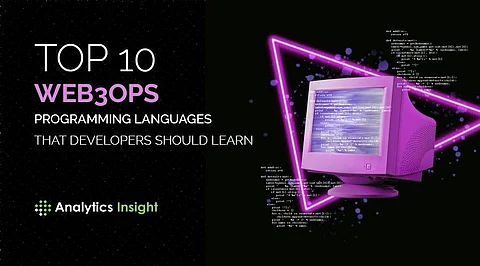

The interest in the top web3 programming languages has been gradually growing along with the demand for web3ops developers. Beginners would have a lot of difficulties locating appropriate programming languages. On the other hand, a closer examination of the characteristics of each web3 programming language could aid in your decision-making.
The two terms that come up most frequently when discussing future technologies are block and web3. Both concepts are intertwined by the fact that Web3 specifies the philosophy and Blockchain provides the framework for making Web3's vision a reality. For instance, blockchain gives exactly what web3 implies—the removal of centralized intermediaries' authority over data.
Conclusion: In light of the foregoing, it should be noted that there are further Web3 programming language alternatives. This is a high-level introduction, and the idea is to at the very least familiarise people with these programming languages.
Join our WhatsApp Channel to get the latest news, exclusives and videos on WhatsApp
_____________
Disclaimer: Analytics Insight does not provide financial advice or guidance. Also note that the cryptocurrencies mentioned/listed on the website could potentially be scams, i.e. designed to induce you to invest financial resources that may be lost forever and not be recoverable once investments are made. You are responsible for conducting your own research (DYOR) before making any investments. Read more here.
